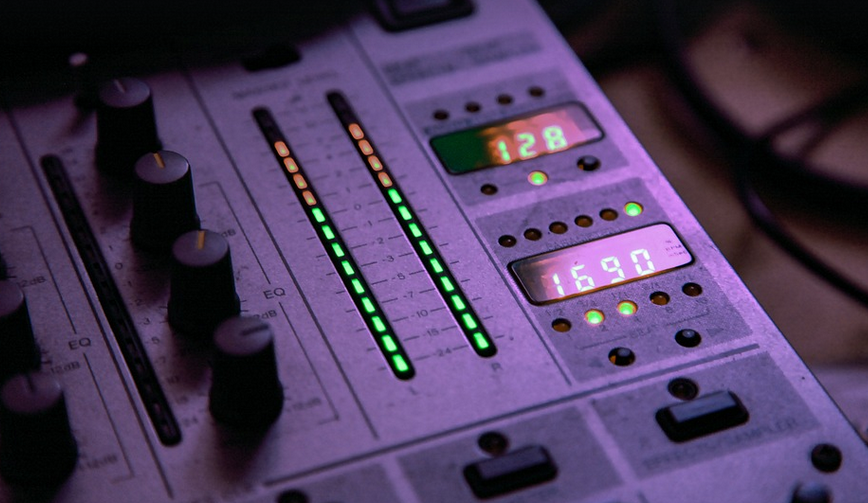Understanding the Silent Threat to Healthcare Professionals
Let’s be honest, nursing is a demanding profession. You’re dealing with constantly shifting schedules, heavy workloads, and even more pressure than ever before. But what about something that can silently drain your energy, productivity, and overall well-being? That’s where alarm fatigue enters the picture.
Alarm fatigue refers to the cumulative effect of constant alarms on healthcare professionals like nurses. It’s not just about getting overwhelmed by beeping devices; it’s a deeply impactful experience that can leave even seasoned nurses feeling burnt out and emotionally drained.
You see, alarm monitoring is essential in nursing to ensure patient safety. Alarms are designed to signal potential emergencies or changes in vital signs. However, the constant barrage of these alerts can be incredibly demanding on your cognitive resources. Think about it: you’re constantly being pulled between responding to alarms and managing your workload. It’s a mental juggle that takes its toll.
The problem with alarm fatigue is not just the noise but also the impact it has on your emotional and practical well-being. You start becoming numb to the beeps, ignoring them for too long, only to feel the weight of responsibility when things go wrong. This can lead to a cycle of stress and anxiety.
Imagine being in a busy shift, trying to provide proper care while constantly battling against the mental fatigue from constant alarm alerts. It’s no surprise that this leads to decreased focus, impaired decision-making abilities, and even a higher risk for errors. Alarm fatigue is like running on empty—it hinders your ability to be mentally present for your patients.
So, how can we combat alarm fatigue effectively? The answer lies in understanding the root causes and implementing strategies that minimize its negative impact.
Let’s delve deeper into some of the key reasons why this phenomenon occurs:
1. System Overload: A major contributor to alarm fatigue is the sheer volume and complexity of alarms. Many times, patients have multiple medical devices like pacemakers or ventilators that require constant monitoring, leading to a cascade of beeps.
**2. Unrealistic Expectations: Often, nurses are pressurized to be constantly “on” and responsive, leading to an expectation that they should always be able to react immediately and prevent any potential emergencies. This unrealistic pressure further contributes to alarm fatigue.
**3. Lack of Support: ** The burden of responding to alarms shouldn’t fall solely on a nurse’s shoulders. It’s vital to have adequate support from other healthcare professionals, like technicians or pharmacists, who can assist with monitoring and communication.
There are several strategies that can be implemented to mitigate alarm fatigue:
**1. Implementing Time-Sensitive Alarms: Instead of constant alarms for all parameters, consider using time-sensitive alarms that alert nurses only when a critical trigger occurs. This reduces the frequency of alerts and allows them to focus on more pressing matters.
**2. Regular Monitoring & Triage: ** Assign responsibility to specific teams for monitoring patients with pre-defined alarm thresholds. This approach streamlines alarm management and avoids unnecessary interruptions in nursing workflow.
**3. Optimizing Device Use:** Ensure that all medical devices are appropriately configured, minimizing the number of alarms that disrupt routine care and maximize effectiveness.
**4. Promoting Communication: ** Encourage open communication between nurses and other staff members to share information about patient conditions and potential alarm triggers.
**5. Prioritizing Self-Care:** Encourage nurses to prioritize their well-being by prioritizing sleep, healthy eating habits, and engaging in stress-reducing activities like exercise and meditation.
It’s important to remember that alarm fatigue is a critical issue for healthcare professionals, but it’s not an insurmountable challenge. By implementing these strategies and fostering open communication, we can create a more supportive environment where nurses can thrive and provide the best possible care to their patients
We’ll discuss some of these topics in greater detail in upcoming articles here on the blog.
If you think about it, alarm fatigue isn’t just a problem for nurses. It affects all healthcare professionals in various ways, including physician assistants and other allied health professionals. You might even be surprised to learn that this issue impacts healthcare administration and support personnel as well!
The key is awareness. By understanding the silent threat of alarm fatigue and implementing proactive strategies, we can create a healthier workplace that prioritizes mental and emotional wellbeing.
